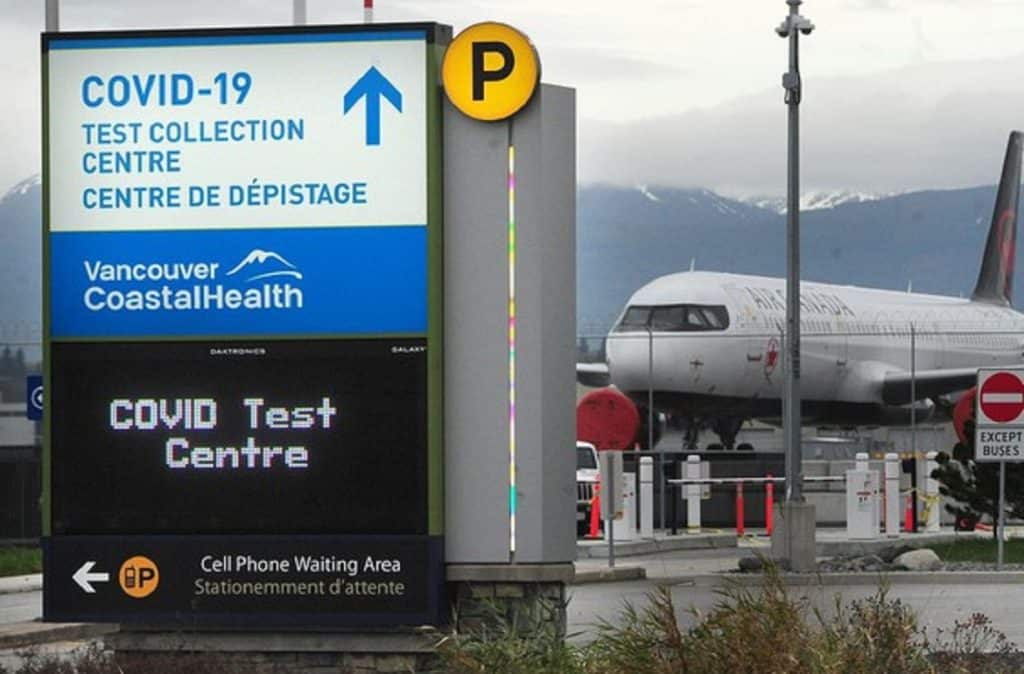By Ali Abbas
Globalisation means the process of integration of different countries in the world. The rapid interconnection of people, groups, nations, etc., is an important part of this process.

Globalisation contains both positive and negative features, but in the modern period, technological progress has made human life faster than ever before, and at the same time has inevitably interconnected the world at different levels, such as politically, economically, technologically, socially, etc.
During late 2019 and early 2020, the COVID-19 crisis, or international pandemic, fiercely awakened the world. The global covid0-19 crisis is said to be the largest in modern times since World War II. The degree or magnitude of the covid-19 crisis rapidly affected the world economy, causing the decline or downturn in economic activities and global interactions and travel. Because of the social and physical estrangement, the implementation of strict closures around the world, and the destruction of social gatherings and group celebrations, we can somewhat say that COVID-19 has also affected the process of globalisation around the world.
The health crisis has shaken the nations of the world, especially developing countries, due to the lack of resources and interdependence between nations. The world economy has entered a phase of de-globalisation in which economic agents are increasingly dividing and disconnecting from their global economic links. Countries are returning to their domestic economic resources by disconnecting from their international economic sources. Borders have been blocked or closed, paralysing international migration and global financial activities, people have been socially and physically isolated and confined to their doorsteps and dormitories.
Covid-19 affected every sphere of life, including the economy, political activities and diplomacy between nations, education and social interactions. Educational institutions were closed and restricted to their locations. The invention of a new model of education has introduced ‘online classes’, but with the limited resources of developing countries, the new model of ‘online education’ is not successful. The nature of the pandemic is spreading through the close contact of people, including through circulating across borders. This is why many countries have restricted their borders, travel restrictions and the movement of people and goods across borders. The global pandemic has generated a sense of competition or contest between different countries to develop a vaccine to protect their citizens and people from this health crisis.
A recent study was conducted by Branicki, Layla; Sullivan-Taylor, Bridgette and Brammer, Stephen (2021). “Towards a (ism) of crisis protection? COVID-19 and selective de-globalization,” and published by Critical Perspectives on International Business mentioned that COVID-19 has profound repercussions for MNCs (multinational corporations) as well. The international financial system has been disrupted, labour and employment are threatened, transport and the tourism industry have been severely affected. The risks and threats are increasing as the globalisation process continues, which has real impacts on the economy. The study also says that the most important negative situation for the international economy is the worldwide spread of feelings and concepts towards de-globalisation after the covid-19 era. De-globalisation has shaped the challenges for multinationals in the economic structure and is putting pressure on the size and capacity of world markets.
A recent study was conducted by Branicki, Layla; Sullivan-Taylor, Bridgette and Brammer, Stephen (2021). “Towards a (ism) of crisis protection? COVID-19 and selective de-globalization,” and published by Critical Perspectives on International Business mentioned that COVID-19 has profound repercussions for MNCs (multinational corporations) as well. The international financial system has been disrupted, labour and employment are threatened, transport and the tourism industry have been severely affected. The risks and threats are increasing as the globalisation process continues, which has real impacts on the economy. The study also says that the most important negative situation for the international economy is the worldwide spread of feelings and concepts towards de-globalisation after the covid-19 era. De-globalisation has shaped the challenges for multinationals in the economic structure and is putting pressure on the size and capacity of world markets.
According to recent studies and reports, media information, and self-understanding and observation, we can say that COVID-19 has negatively influenced the process of globalisation, but may also be an initiator of selective de-globalisation, restricting physical movement, closing borders and causing isolation. The effects are most severe for poverty-stricken developing nations, lack of economic resources, placing rigid blockades is too difficult to recover without any external assistance.
Author: Ali Abbas – PhD Scholar at the School of Politics and International Studies, Central China Normal University Wuhan. He holds M.Phil. Degree in International Relations from National Defence University Islamabad, Pakistan. His Ph.D. research focuses on the Strategic triangular relationship between Pakistan-China and the USA in the 21st century. His research area of interest further includes South Asian studies, Extremism, and terrorism, foreign policy of great powers. He writes in China Daily, Modern Diplomacy, Eurasia Review, South Asian Journal and Always CCNU Magazine. Currently he is working as Editor of “Always CCNU” Magazine.
Image Credit: NICK PROCAYLO /PNG
Related Posts
Devastation of 3rd Wave of COVID-19 and Vaccine Diplomacy
US consensus versus China consensus: who will win the title of Hegemon in the post-Covid-19 world?
The international system’s answer against Covid-19: more questions than solutions
Covid-19 and big powers’ design of economic nationalism
Global fiscal policy and Covid-19: Prospects and challenges
Fallacies of Liberal International Order in the age of Covid-19
Global GDP and economic scenarios with Covid-19







